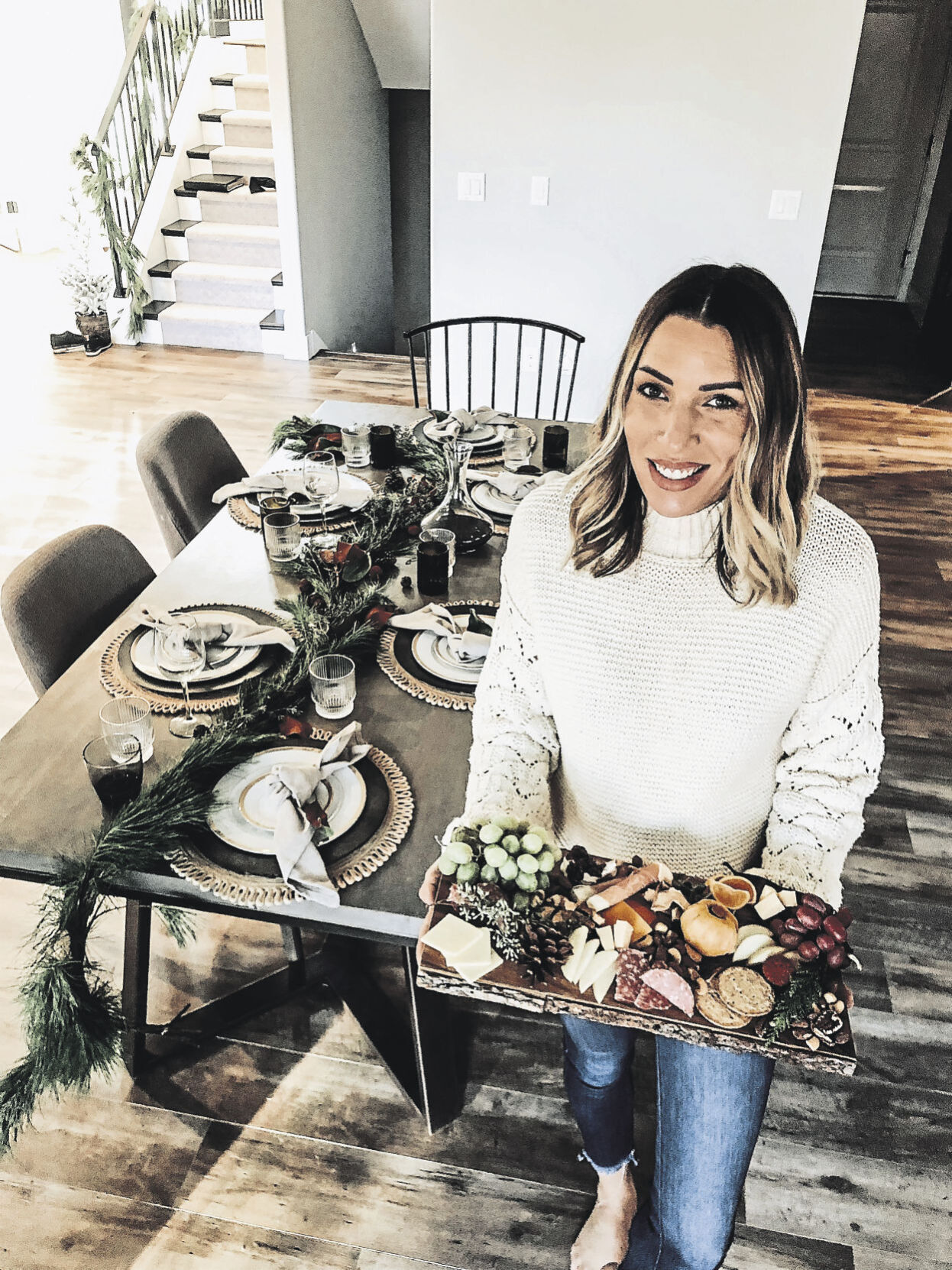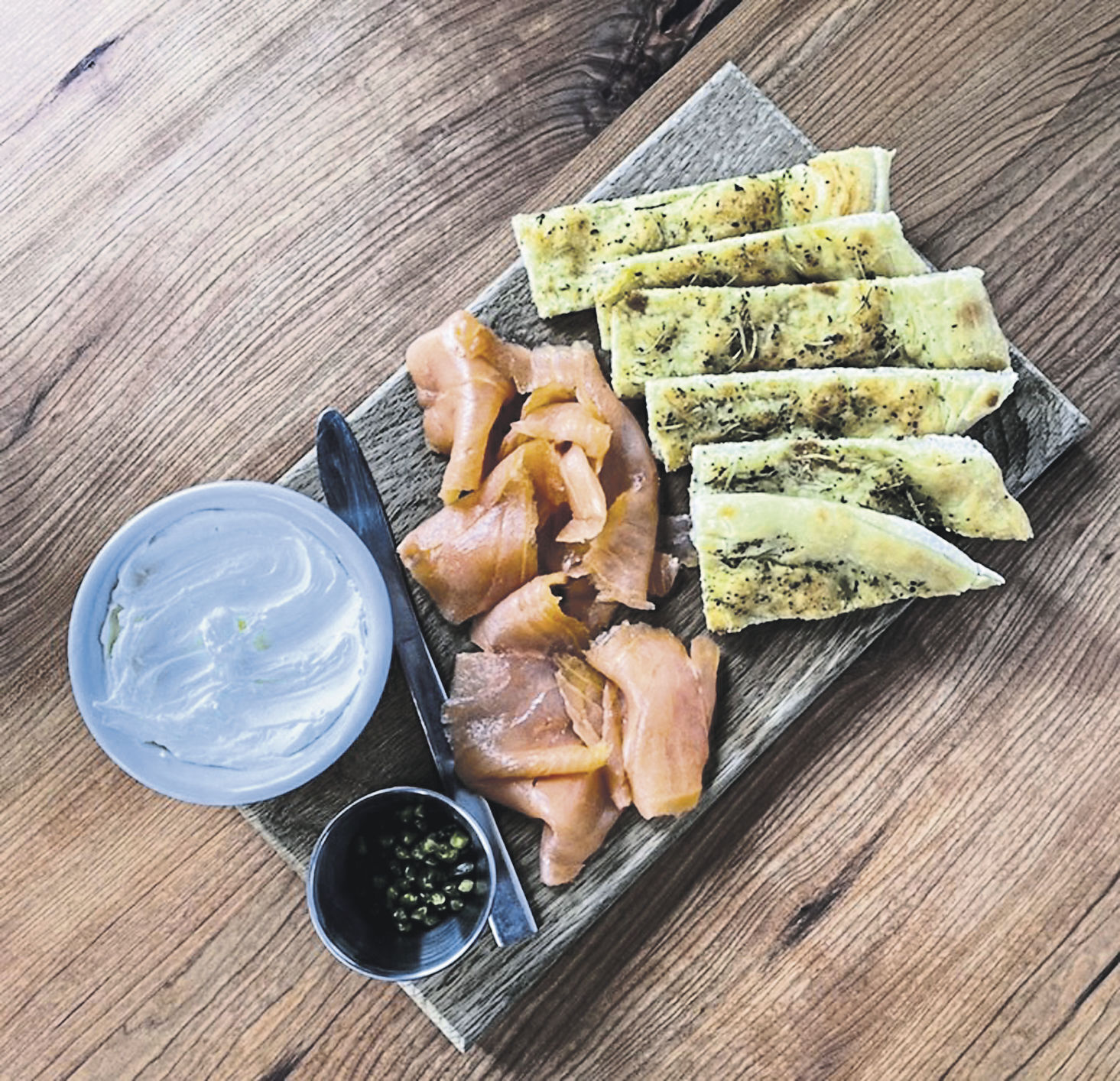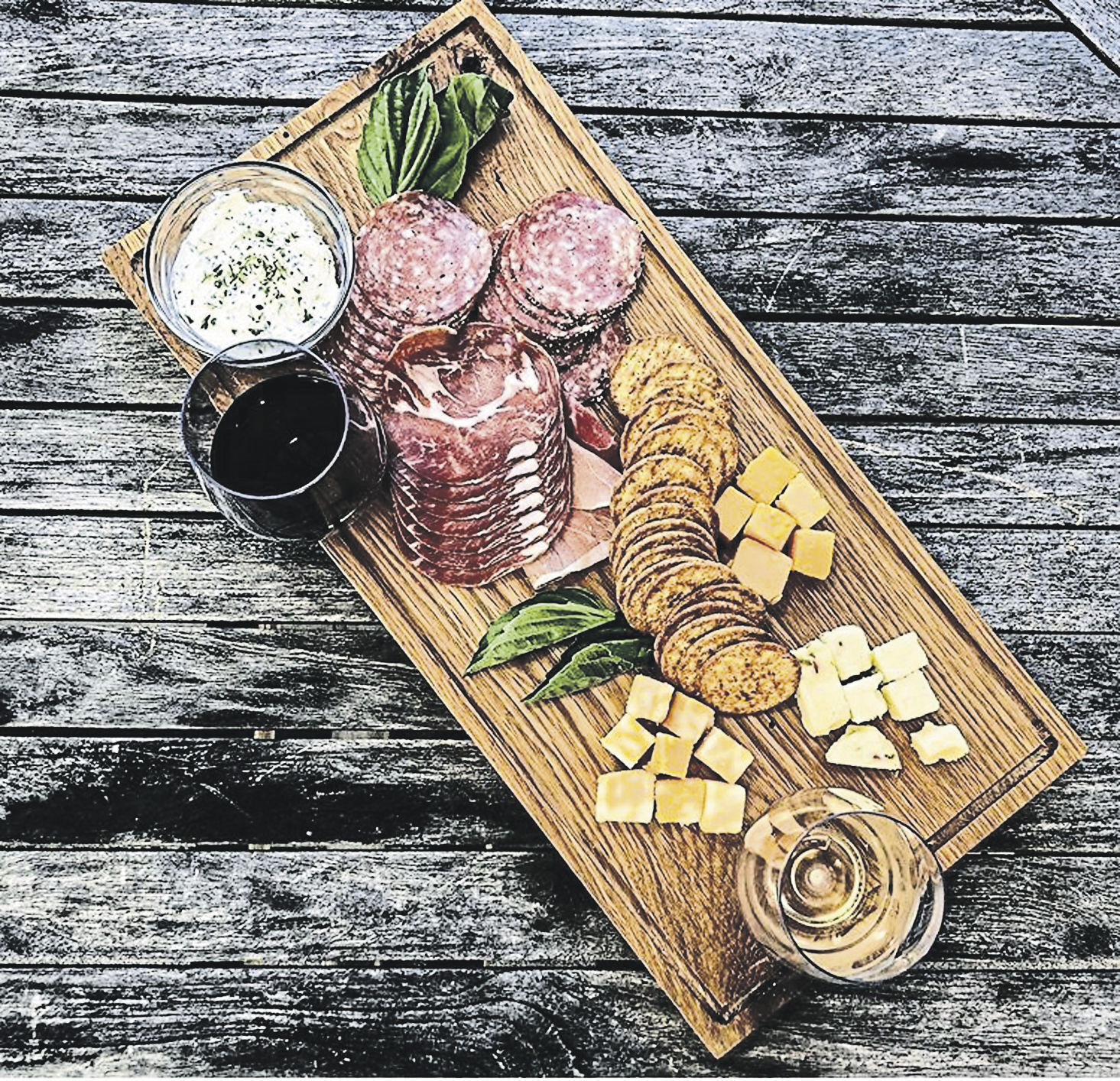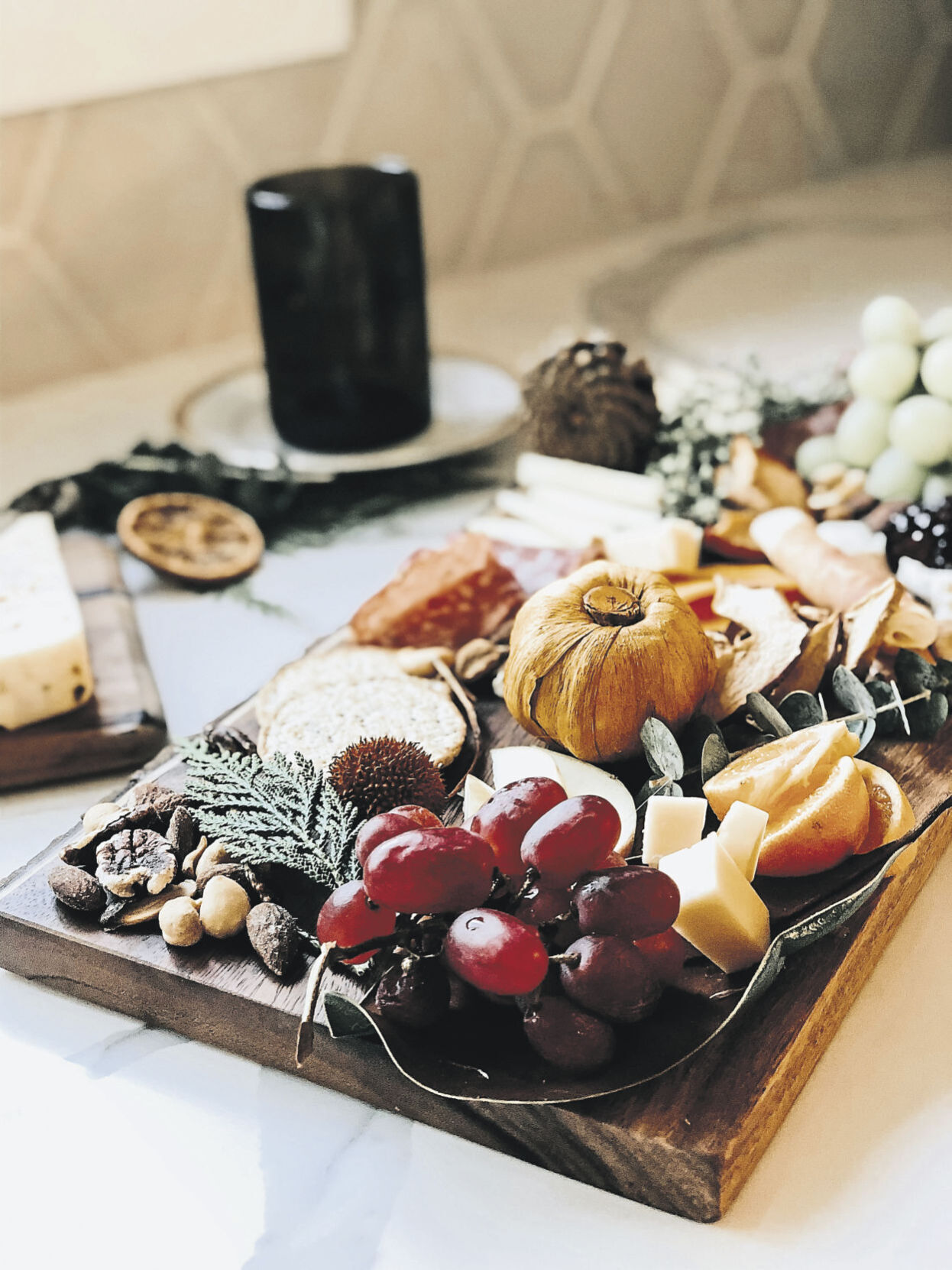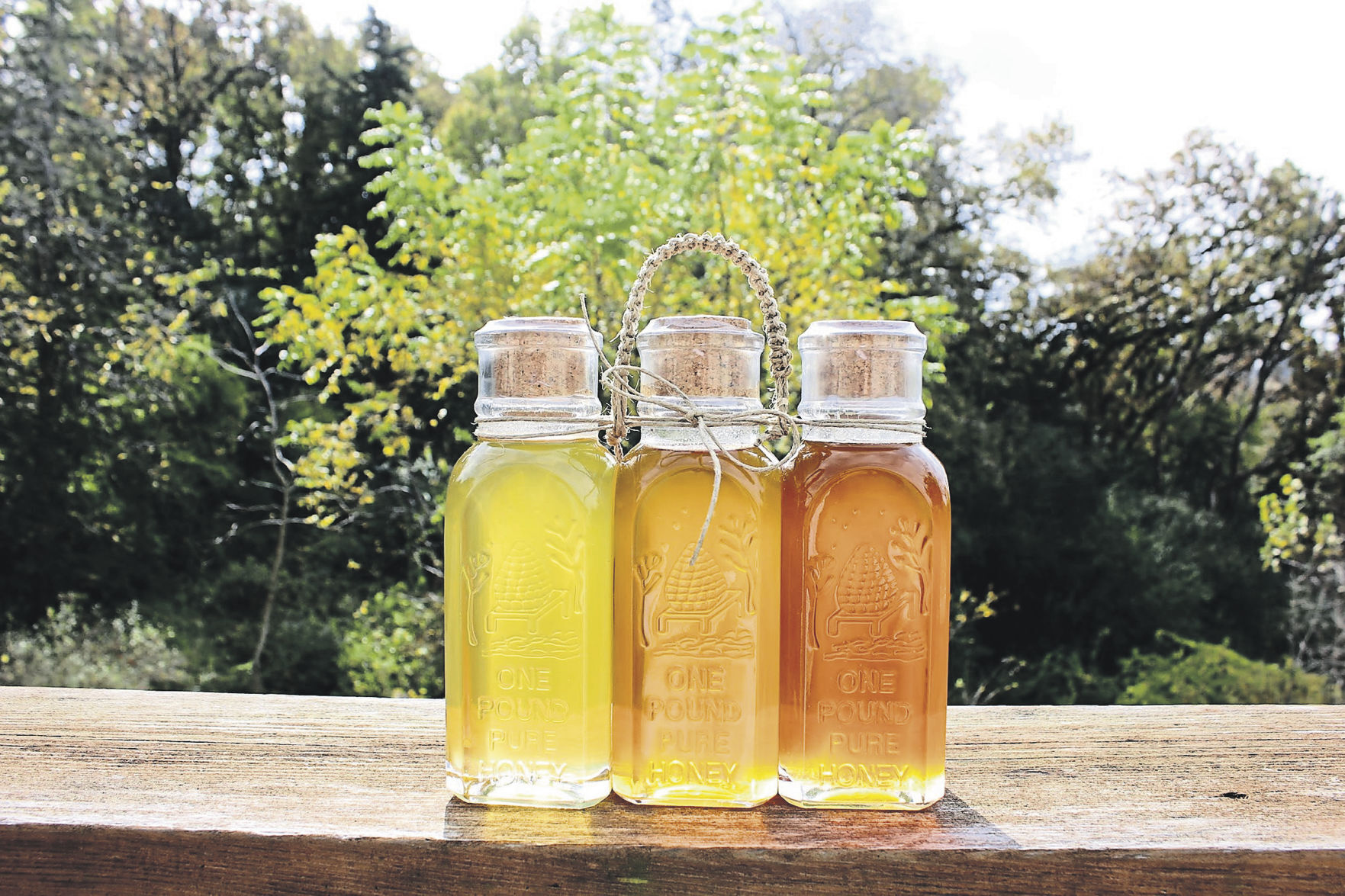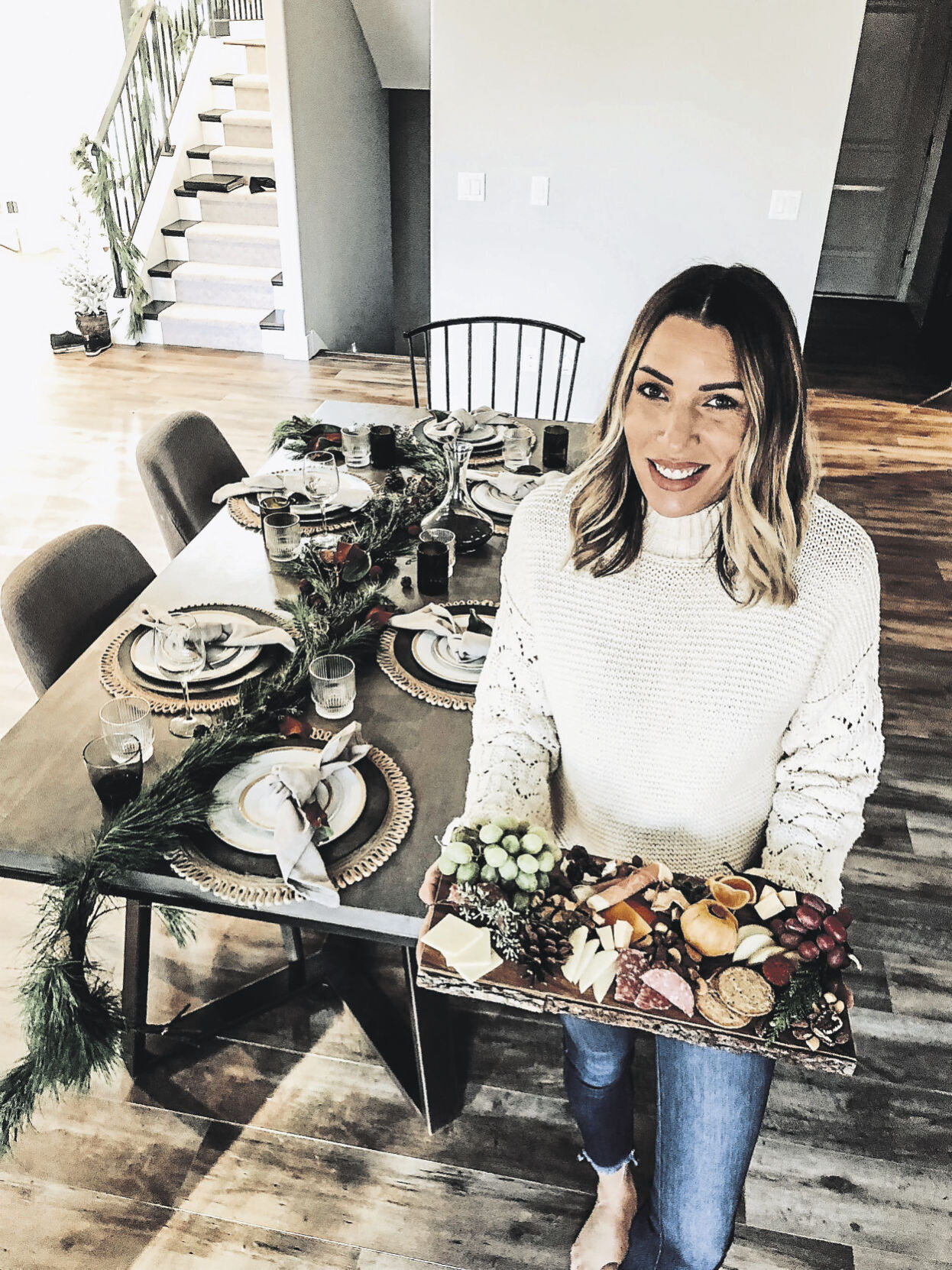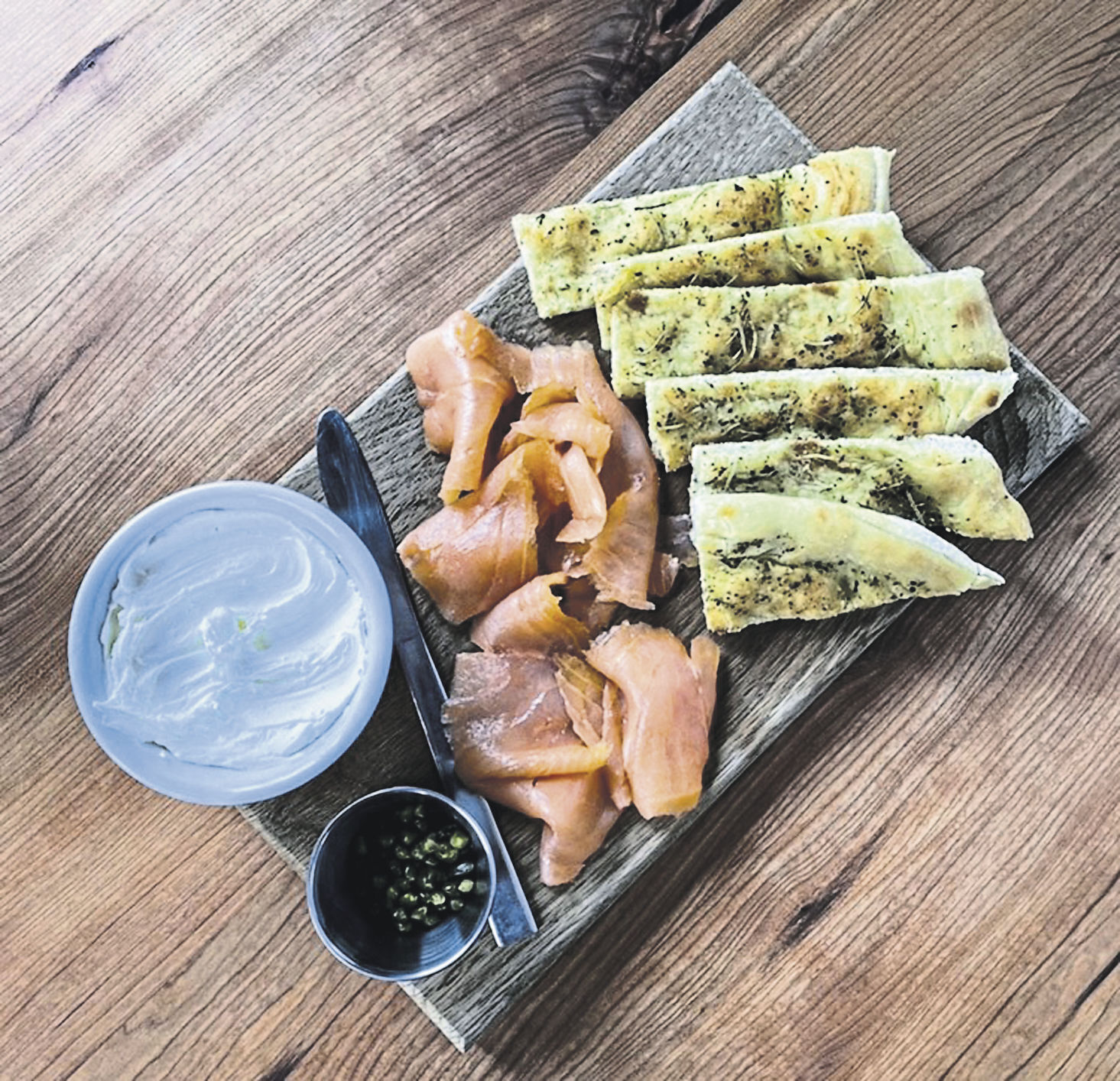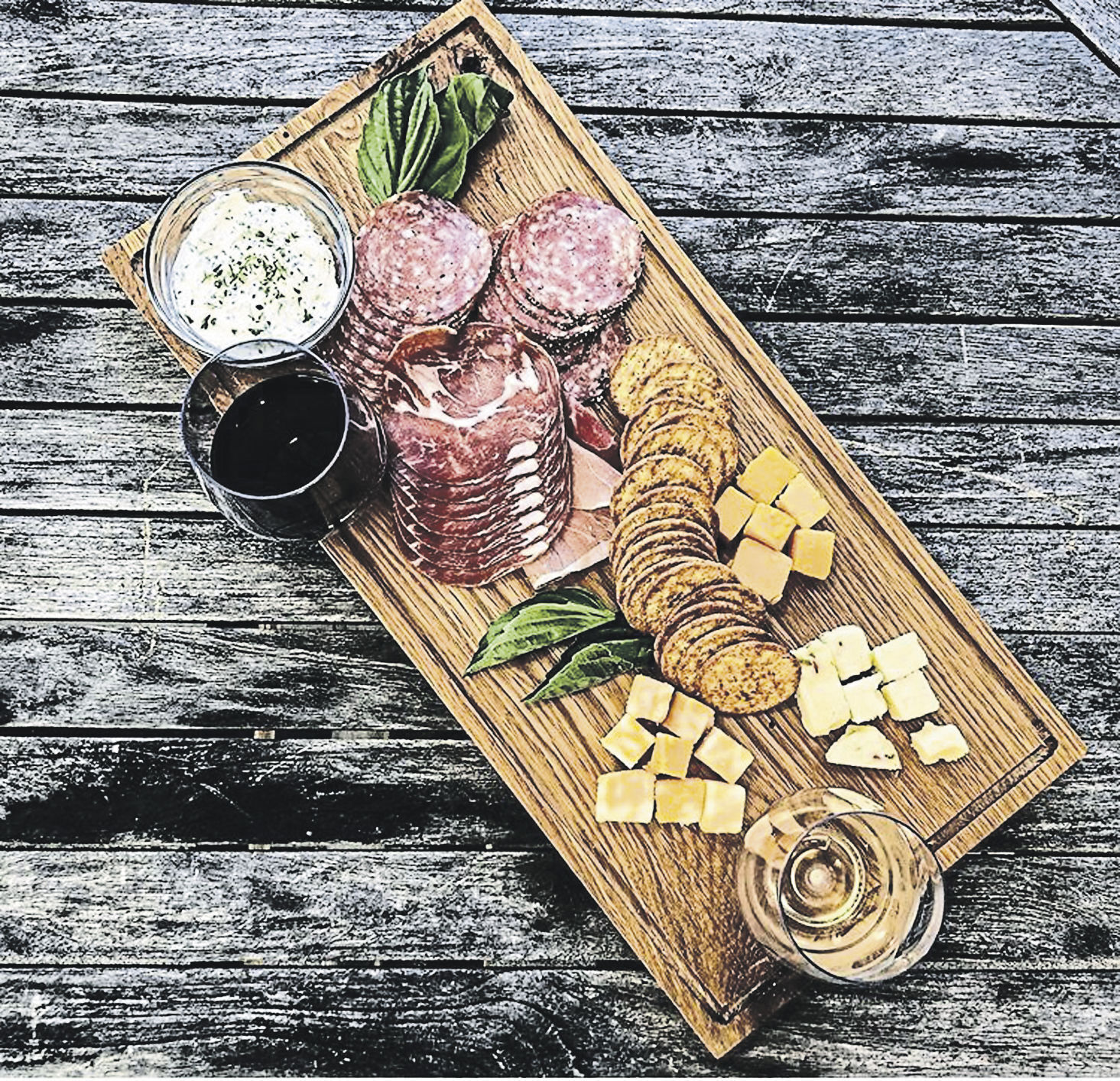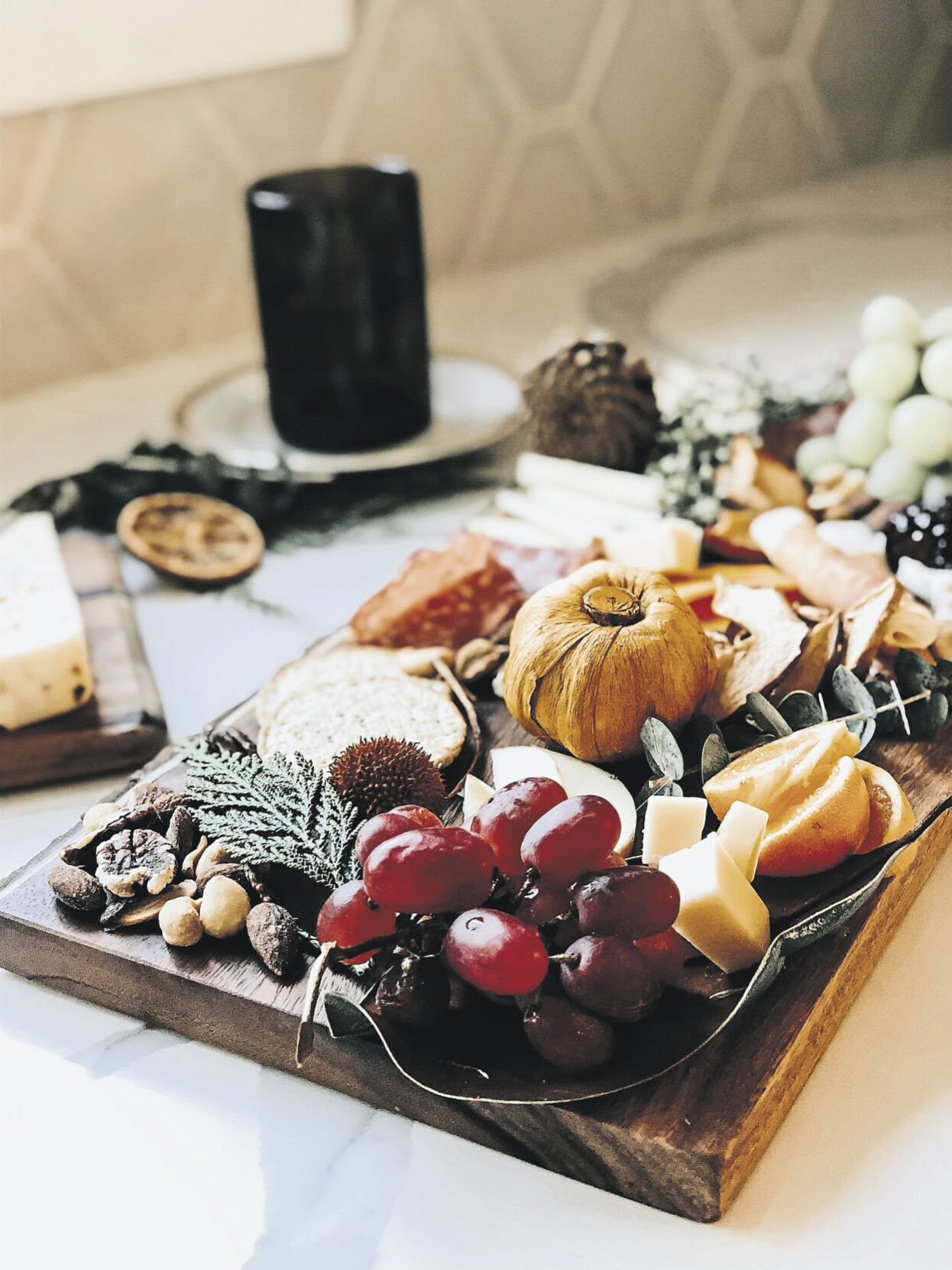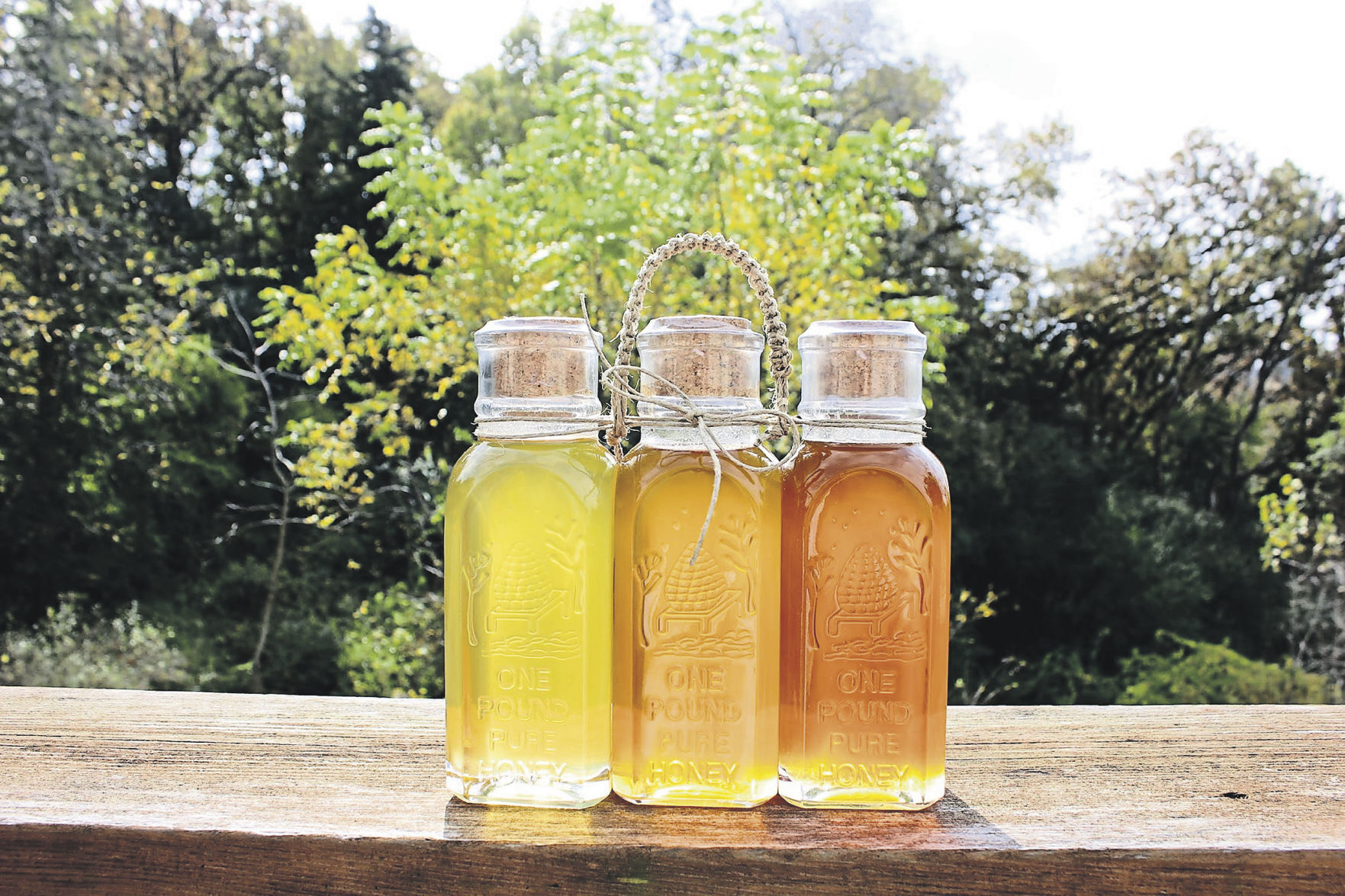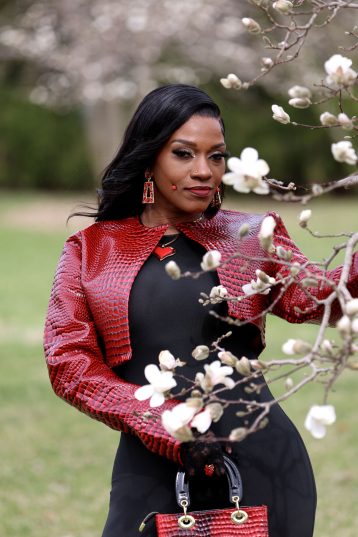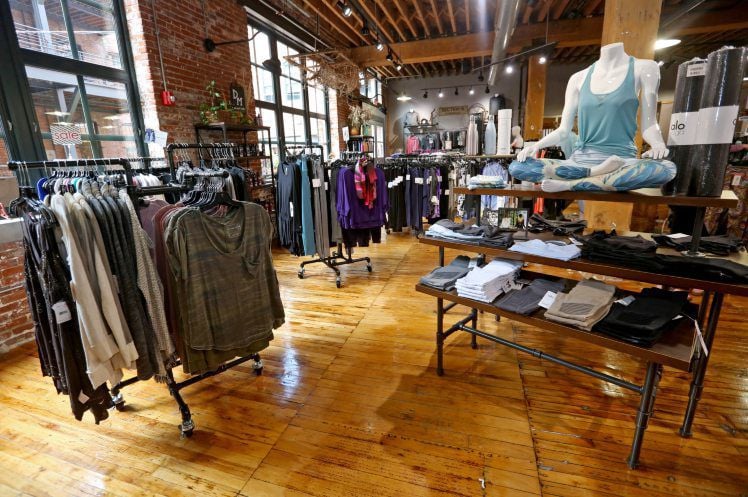Comedian Steve Martin once said, “Those French — it’s like they have a word for everything.”
Charcuterie is one of those words.
The art of pairing meats and cheeses with all kinds of delectable accompaniments is derived from the French words “chair” (flesh) and “cuit” (cooked).
In 15th century France, the word was used to describe shops that sold all things pork.
Today’s charcuterie describes a wide range of self-serve foods, usually beautifully presented on wooden boards. Grazing tables — essentially charcuterie boards served up on a kitchen island or big table — have become a popular choice at weddings, and jarcuterie — charcuterie served in Mason jars — has been trending since the pandemic.
Whitney Sanger, co-founder of Project Rooted and a self-described “foodie,” discovered charcuterie as a high school exchange student in Belgium.
“Food like that was common,” she said. “Everyone would gather around a table, and you would have fruits and veggies and meats and cheeses. You would sit there for hours just eating and talking and having these deep, meaningful conversations. It really made gatherings feel cozy and warm.”
When Sanger returned from her academic year overseas, she started creating plates for her family so she could share a little bit about her European culture experience. It soon became an obsession, and she began learning how to put together charcuterie boards using contrasting tastes and textures.
“I’ve done both methods of grabbing everything you have in your pantry and dumping it all out,” Sanger said. “I’ve also done pairings. There’s really no right or wrong way to do it. It’s fun to be creative and add your own flair. It’s all about the presentation and the creating.”
Charcuterie also includes what the French call accoutrements, or side dishes that pair well with meats and cheese.
At Calico Bean Market in Dubuque’s Cable Car Square, owner Teri Connely sells an abundance of them, including cheeses, jams, jellies, honey, nuts, sauces and stuffed olives, many of them from local sources.
While meat and cheese are most often the star of the show, charcuterie has expanded to include themes like cookies, candy, hot cocoa, cocktails and even breakfast foods.
“We have delicious fruit dips that mix well with cream cheese,” she said. “They also pair well with fresh fruit, breakfast meats, mini wheat cereals and our pancake mixes. One of my favorites is a peanut butter board.”
Calico Bean Market carries several varieties of peanut and almond butters, including butterscotch, cappuccino and chocolate. Paired with fresh fruit and an assortment of pretzel crisps, graham crackers and pita chips.
Alternative varieties aside, traditional charcuterie boards typically contain meats, cheeses, crackers, breads, fruits, nuts and condiments such as honey, mustard, jams and jellies, pickles and olives.
At Park Farm Winery in Durango, Iowa, manager Christie Steffen and her staff have long been creating charcuterie boards for guests.
“Our board is usually dried capicola, prosciutto, hard salami and a pepper salami,” she said. “We add a pepper jack cheese, a Colby jack and a cheddar, along with crackers and a spreadable Boursin cheese.”
Steffen said guests often will ask for recommendations, and the staff will sometimes create wine flights for those who want to pair wines with their charcuterie.
“What’s fun about the charcuterie board is you have many options,” she said. “The reds pair well with the meats, and the whites pair well with the cheeses.”
Park Farm also has put fresh fruit on its charcuterie board when it’s available. Last year, they used fresh grapes from the winery’s vineyards.
New on the winery’s menu is a charcuterie that includes smoked salmon, flatbread with olive oil and sea salt baked in the on-site brick oven, cream cheese and capers.
“We did it for a weekend and it went over so well it’s now on our permanent menu,” Steffen said. “What’s so neat about charcuterie is you can just change things up and find something that works.”
Steffen said the winery’s original charcuterie board is its most popular menu item, mostly because it’s easily shared with a glass of wine.
“It really has a community feel to it, which we’re all craving nowadays,” she said.
Sanger loves the creativity and variety that can be found with charcuterie, but she agrees that the idea of communing not only with food, but with friends and family, make it special.
“Charcuterie boards are such a conversation starter,” she said. “It creates this different level of excitement. Food is always a common theme — it’s universal. It’s our love language as humans.”
Michelle London writes for the Telegraph Herald.

